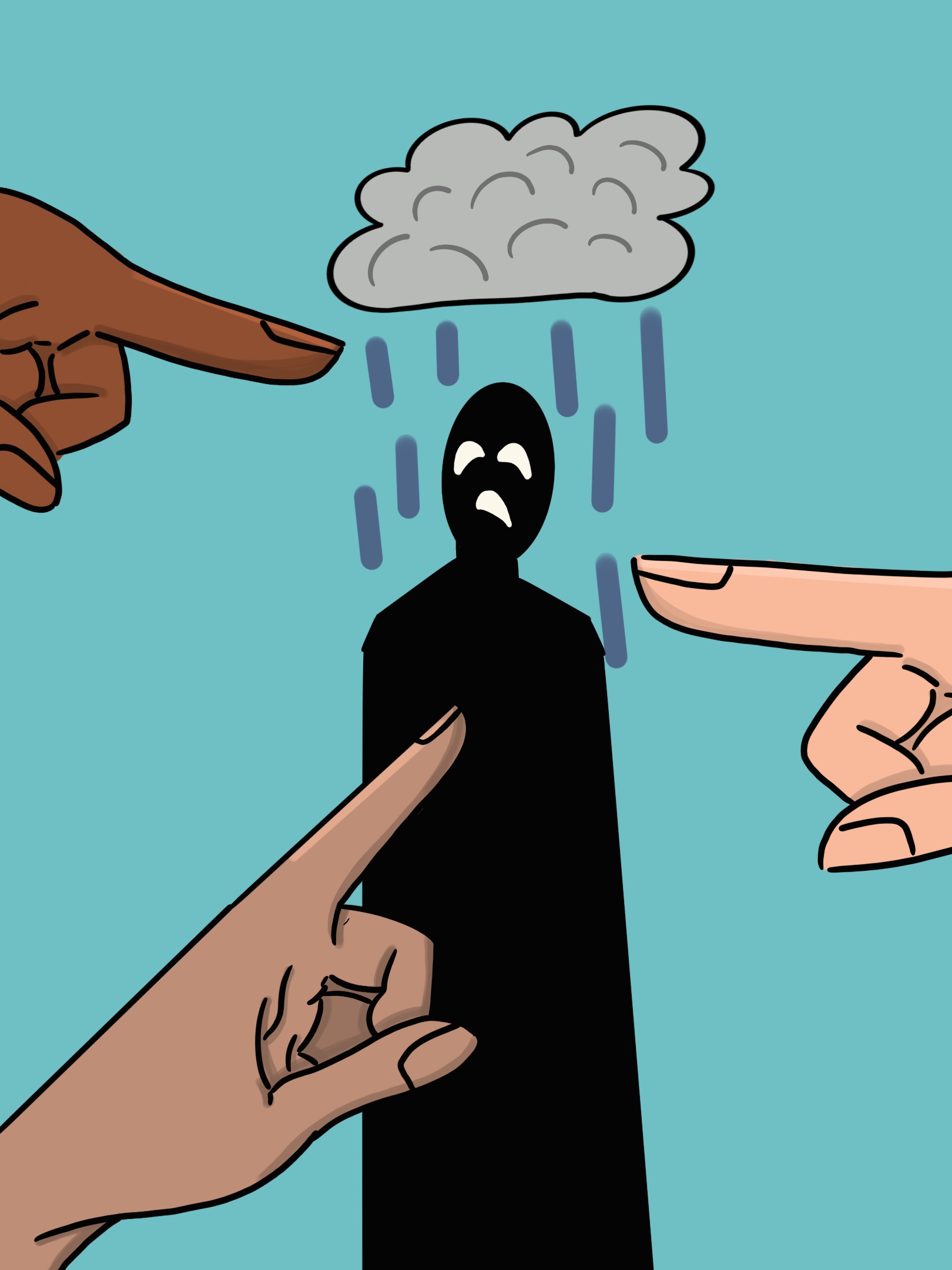There’s no such thing as “normal” mental health
If so many of us suffer from mental illness why do we still feel inadequate for struggling?
“Stigma” is a word we often use to explain why people who struggle with anxiety or depression don’t seek treatment. The stigmas around mental health take many different forms, from a fear of being judged to feelings of personal responsibility. These stigmas mean that sometimes individuals with mental health issues refrain from seeking any treatment. People continue to suffer because of a misunderstanding over what a mental illness is and how the condition can be improved.
In this article, I will try to support the conversation around mental health stigmas by shedding light on the ideas of “normal” mental health.
I am not here to tell you what is normal, because the person that is the most “normal” is a statistical outlier themself. People vary; they see the gold and white dress as blue and black, hear “Yanny” or “Laurel,” and vividly remember different events and facts that matter to them and never to others. We are all inherently very different, psychologically speaking.
Nonetheless, there seems to be an ideal state of mind when it comes to being happy, not stressed out, or philanthropic and sociable. Where these notions come from, I do not know. Maybe they originate in everyone’s head, or maybe they are propagated by large corporations that get you to buy products because they sell the idea that their product will make you a happy or moral individual.
But there is no ideal state of mind. There are only different states of mind that are all equally valid. In my view, the key to destigmatizing mental health is to acknowledge that we are allowed to be stressed out, to hate working on labs, to just want to huddle under blankets as it gets cold and dark. It’s okay to feel bad emotions—they are real as well.
Mental health stigmas derive from the idea to feel depressed, anxious, or lonely is to be an outsider. But considering that it is estimated that 20 per cent of all Canadians will have some form of mental illness in any given year—and I haven’t even touched on culturally dependent stigmas regarding LGBTQ2+ issues, culture differences in mental health acceptance and awareness, and so forth—I daresay it is just as normal to be mentally unwell than it is to be well.
So why are we so vigilant about wanting to be healthy and well? Well, that is difficult to answer. Maybe it is our genetic drive to survive. Maybe it lies in our nature as humans to want to feel well and submit to hedonism, which requires the absence of illness. Maybe we want to be like the people we see on social media: perfectly healthy and doing well. Or maybe it is something else entirely. Regardless, despite our instinct to want to feel good, it is just as common for any human to struggle with feelings of pain, sadness, anger, fear, stress, and loneliness.


I have been told to declare mental health issues carry a stigma. Am I obliged to do so? Can I choose not to participate?
Not only can you decline, morally and ethically you ought decline.
Harold A Maio
This is a pretty based article. Silas.